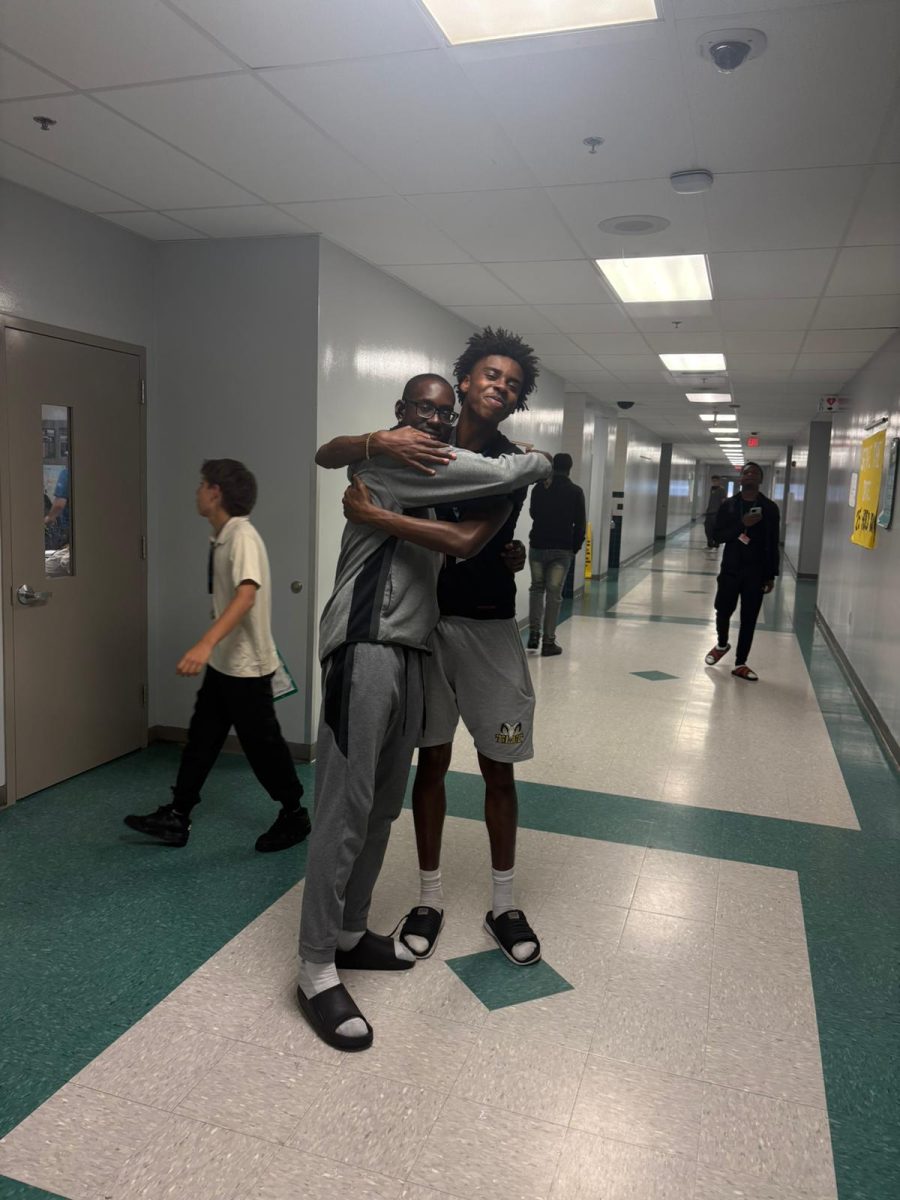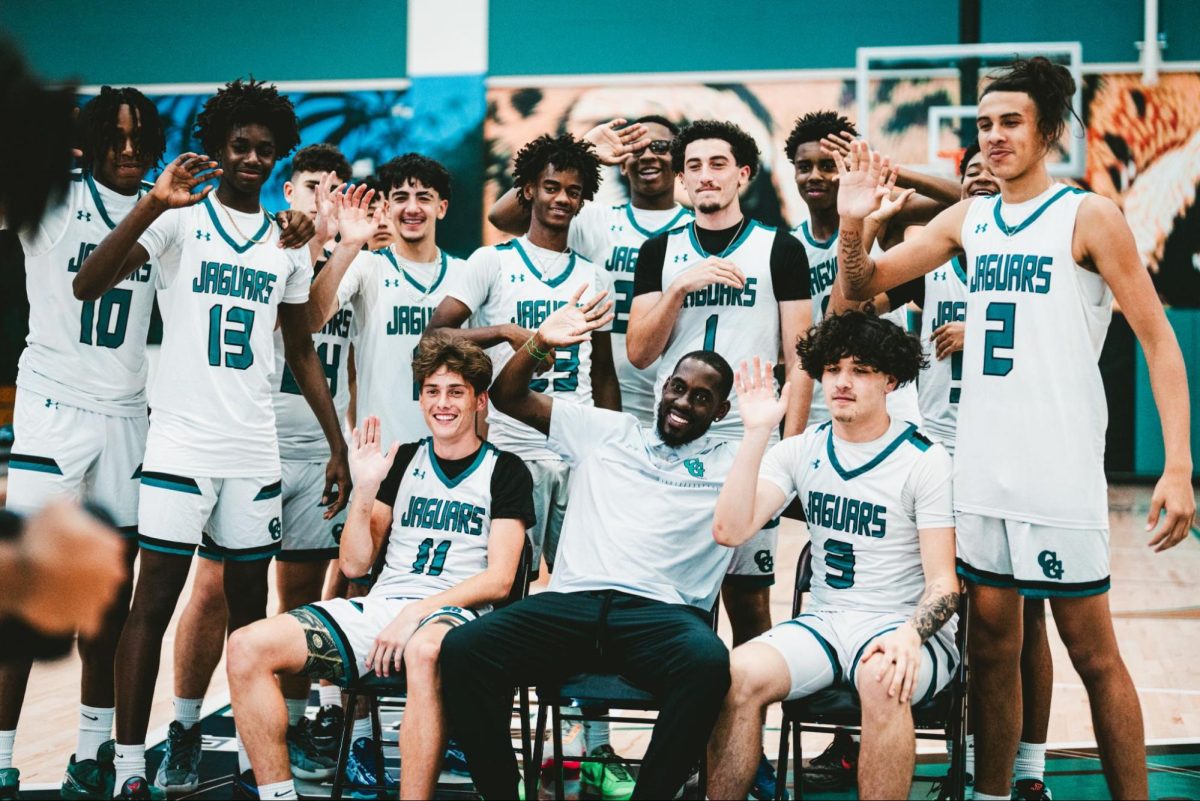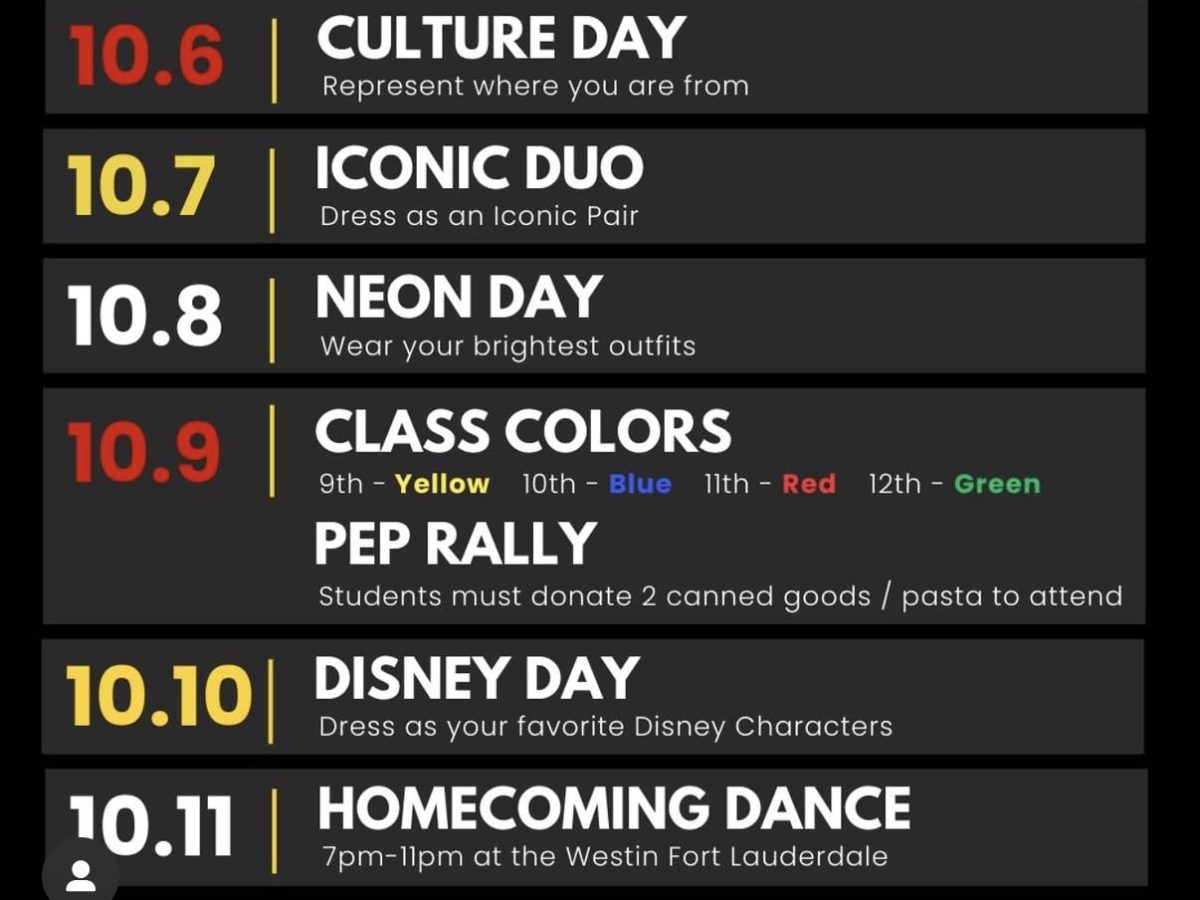As of late, the college admissions process has become increasingly competitive. Many high schoolers have felt the pressure of rising expectations as seats in their top colleges quickly vanish. As the number of applications for colleges to review increases, the number of openings available has remained roughly the same, adding to the pre-existing challenge of setting yourself apart from the rest in a pool of applicants. This, along with changes in criteria and growing requirements for academic and extracurricular achievements, are some variables that account for the growing stress and anxiety endured by both applicants and their families that comes with application season.
The standards have not always been set this high, though. For hundreds of years, requirements for college admission have remained minimal. Colleges in the United States have been established since the sixteen hundred. Back then, the requirements for attending top universities like Harvard and Yale included being proficient in Greek and Latin, implying wealth.
Although this system wasn’t demanding, it was unfair to those of the lower class. Colleges have developed a more uniform approach to considering applicants throughout the twentieth century. Including accepting the SAT score to measure an individual’s merit, reviewing high school classes taken, and letters of recommendation. These changes have been made to offer a more balanced approach to reviewing applications. Ultimately, the evolution of the system has made it what it is currently.
One of the major factors contributing to the competitive nature of college admissions is the growing number of applicants. As the application process has become more accessible, students have been taking advantage of easily applying to multiple colleges. This has led to a surplus of applications left for review by the admissions office. Recently, the Common Application has reported seeing an increase in the percentage of applicants annually. Since then, many colleges have realized that they cannot accommodate the increasing number of applicants, forcing them to be more selective and raise their standards in the process.
Due to this, it has been difficult for applicants to successfully distinguish themselves from the competition. Every year, thousands of students who take part in extracurriculars like sports, honor societies, and academic clubs apply to top colleges. The point is, that admissions officers have grown bored with the repetitive nature of these applicants. What they’re looking for is students who go above and beyond, excelling in academics, and devoting time to matters that are important to them.
“People are getting more competitive these days, but they have to because it’s getting harder and harder to get into the college you want.” Says Lauren Saddler, a sophomore. “Since many students have started taking rigorous classes and participating in as many extracurriculars as they can, competing to be at the top of your class has become more difficult.”
These rising expectations have put immense pressure on students and their families, forcing them to up their game, spend longer hours studying, and establish an impressive resume with remarkable test scores. This has inevitably caused noticeable stress within the student body, as weeks’ worth of learning comes down to a single test. The fear of being jinxed by falling short on their scores or not getting accepted into their dream colleges only continues to keep them on edge. Along with the financial burden of having to purchase testing materials, and in some cases, the test itself, application season is tough on scholars.
As sophomore Aveline Harding puts it, “The SAT has gotten easier, and now it’s hard for students to stand out. I don’t think we should be punished for getting smarter.”
Overall, though, it looks like the process of applying to colleges has become more cutthroat recently. With the growing number of candidates each year, a larger number of them are being filtered out because they simply cannot compete with the constantly rising standards. While changes in the admissions criteria have been made to make the process fairer, students seem to think it has had quite the opposite effect.








![[Photograph of an Italian sandwich] Photo Creds: https://www.thepioneerwoman.com/food-cooking/recipes/a42398453/italian-sandwich-recipe/](https://cghstheprowl.com/wp-content/uploads/2025/10/image1.png)












































